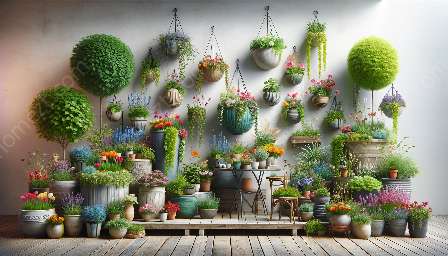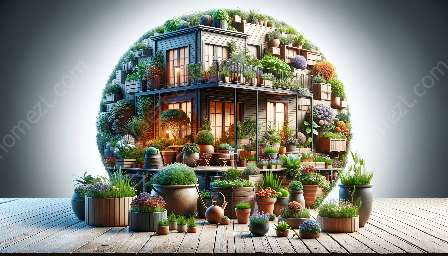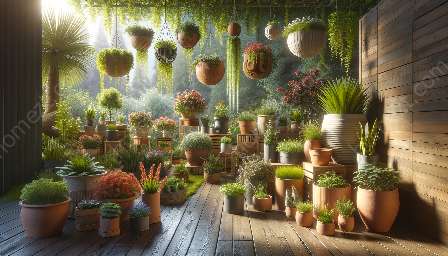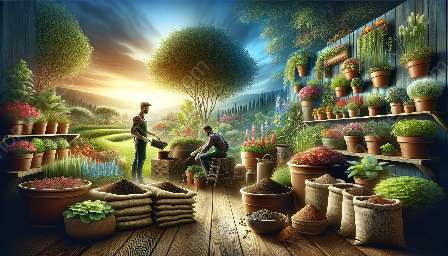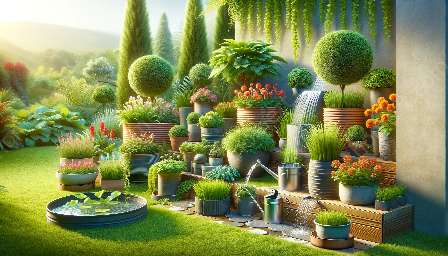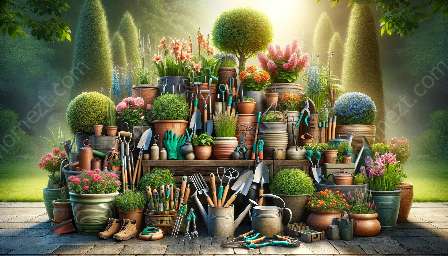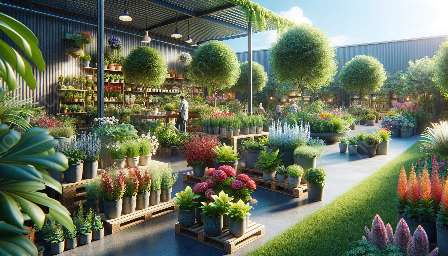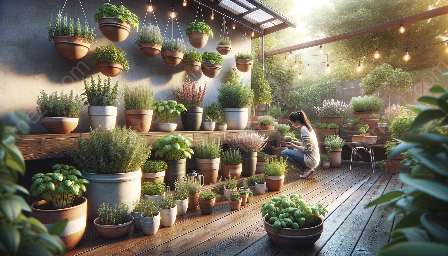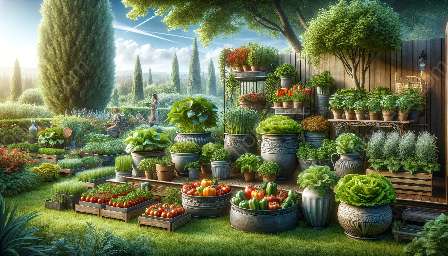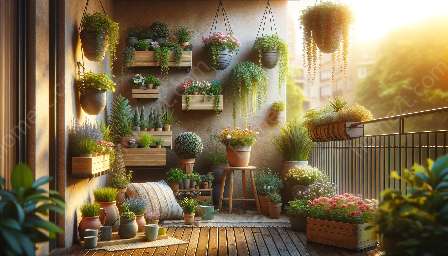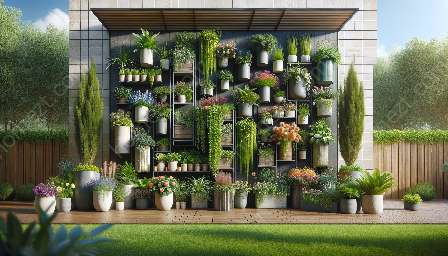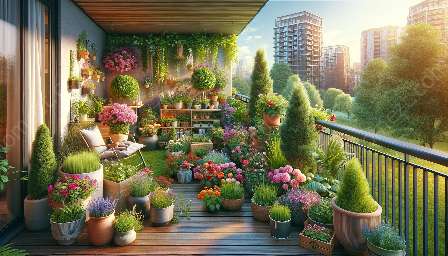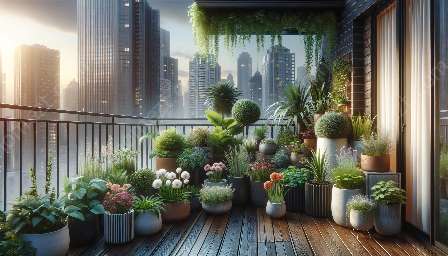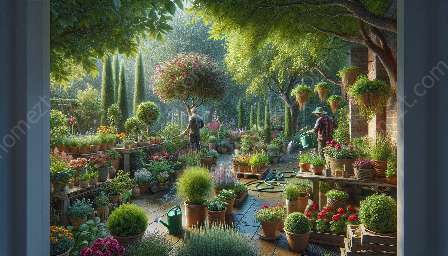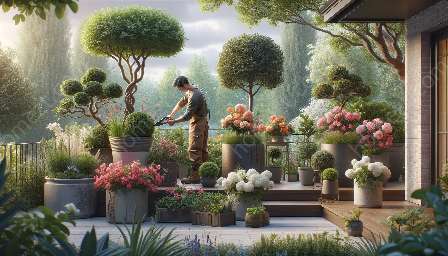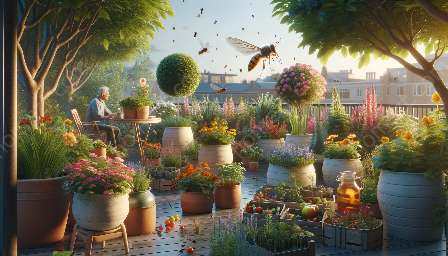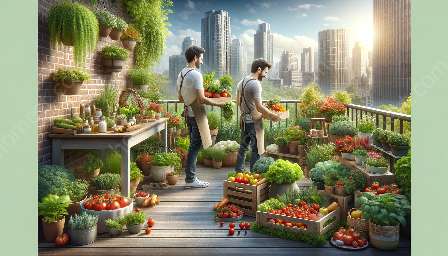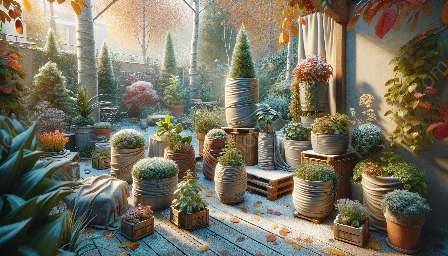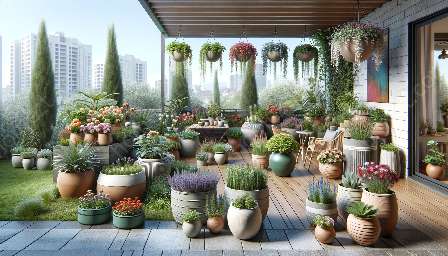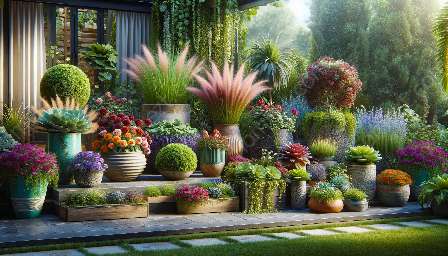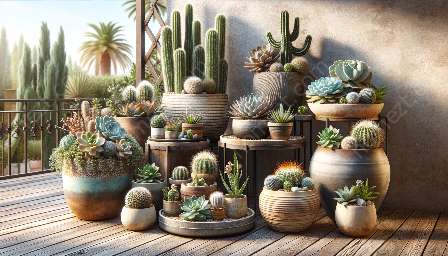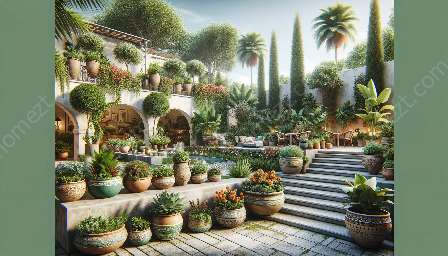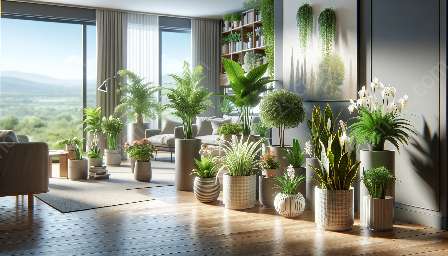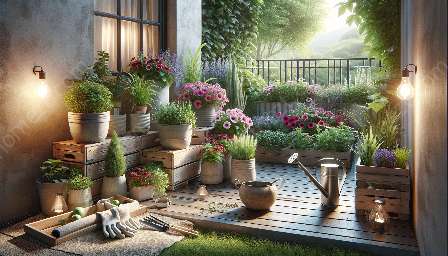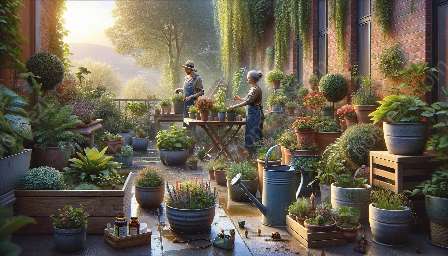Container gardening is a popular and versatile way to grow plants in limited spaces, but it can come with its own set of challenges. Understanding how to troubleshoot common issues in container gardens is essential for maintaining healthy and thriving plants. By addressing problems such as watering, soil quality, pests, and diseases, you can ensure that your container garden flourishes throughout the growing season.
Addressing Watering Issues
One of the most common issues in container gardens is improper watering. Overwatering can lead to root rot and fungal diseases, while underwatering can cause wilting and nutrient deficiencies. To troubleshoot watering issues, it's important to establish a consistent watering schedule based on the needs of your plants and the characteristics of your containers. Consider using a moisture meter to determine when to water and how much moisture the soil retains.
Choosing the Right Soil Mix
Soil quality is another crucial factor in the success of container gardens. Issues such as compacted soil, poor drainage, and nutrient deficiencies can hinder plant growth. Troubleshoot soil-related problems by using a high-quality potting mix that provides adequate moisture retention, aeration, and nutrients. You can also consider amending the soil with organic matter, perlite, or vermiculite to improve its texture and fertility.
Identifying and Managing Pests
Pests like aphids, spider mites, and snails can wreak havoc on container-grown plants. To troubleshoot pest issues, regularly inspect your plants for signs of infestation, such as chewed leaves, stippling, or discoloration. Introduce natural predators, like ladybugs or lacewings, to control pest populations, or use organic pest control products to minimize damage to your plants.
Preventing and Treating DiseasesContainer plants are susceptible to diseases such as powdery mildew, root rot, and leaf spot. To troubleshoot disease issues, practice good sanitation by removing and disposing of infected plant parts, and avoid overcrowding your containers to promote air circulation. Consider using disease-resistant plant varieties and applying preventive measures, like neem oil or copper fungicides, to protect your plants from common diseases.
Creating an optimal growing environment in a container garden involves troubleshooting and addressing common issues that affect plant health and productivity. By understanding how to manage watering, soil quality, pests, and diseases, you can enjoy a vibrant and flourishing container garden that enhances your outdoor or indoor spaces.
